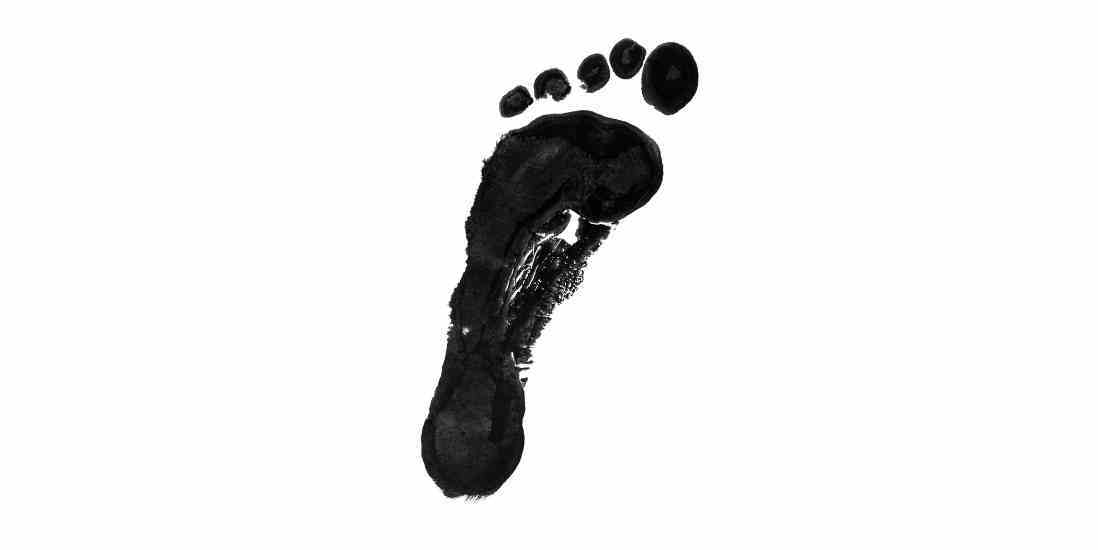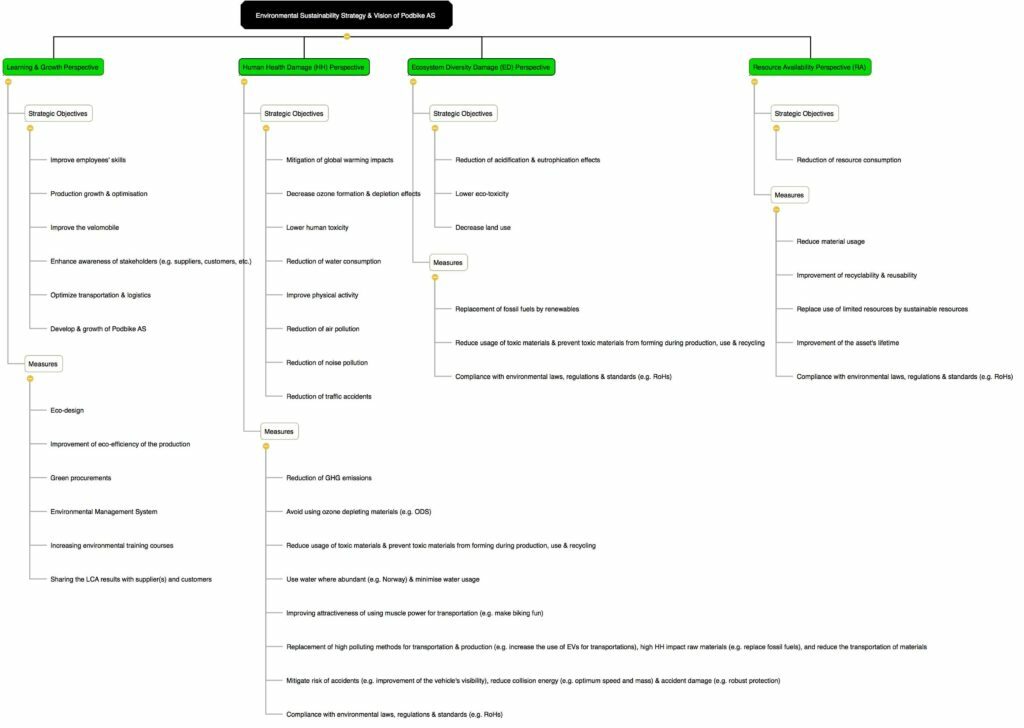Reducing the footprint is important. As our goal is to make the worlds most effective and environmentally friendly vehicle!

What we are doing to reduce the footprint
WHAT WE ARE DOING TO REDUCE THE CARBON FOOTPRINT OF FRIKAR:
We selected the materials for Frikar with recycling in mind. Primary structural components are made of sea-water resistant aluminium. It protects itself from corrosion. That means we do not need surface coating and paint to protect the chassis. So, we have dropped the paint shop with all its emissions and high energy consumption. Furthermore we use blind rivets and structural adhesive to bond the chassis parts together. Through that we eliminate all welding! That also saves energy. We will only use stainless steel for bolts and a few other safety-related parts. For instance the roll-over protection.
The body and the canopy we are manufacturing with UV stabilized thermoplastic. For volume production, we will make the body panels from fiber-reinforced thermoplastic. Companies for lightweight but extremely strong suitcases use the similar materials. The bike base plate is an aluminium sandwich as used in some racing cars and is light and stiff. The clear canopy is a single piece of polycarbonate attached to the two doors. So, everything is lifted up and backwards to enter the vehicle.
WHAT YOU SHOULD THINK ABOUT!
We believe our fans and customers care about the environment. That is why we assume that they are informed about the sources of energy used to recharge the battery. This is important for those who live in a region where the sources of electricity are not 100 percent renewable.
Therefore, we recommend to buy electrical energy from renewable sources. Otherwise you may double the risk of damages. Both on human health and ecosystems.
Learn more about your carbon footprint here!
WE HAVE MORE PLANS ON REDUCING THE FOOTPRINT OF OUR EBIKE FRIKAR
ALUMINUM COMPONENTS:
They have the greatest level of environmental and human health damages in total. Recycled aluminium needs only about 5% of the energy required to fabricate new aluminium. That is why we are considering using aluminium that contains at least 75% of post-consumer scrap. This aluminium type causes much less environmental and human health damage.
THE BATTERY:
Firstly, the modules have the second-highest contribution to the lifecycle impact. Therefore, we will develop a specific battery pack for Frikar. It will eliminate the need for battery replacement. Causing less environmental and human health impacts. Most of the impacts stemming from the battery can be mitigated. For example by reusing the battery modules and recover the materials from the battery. Today specialized companies can recycle up to 80 percent of the lithium-ion battery. In addition to that we want to design a battery for recycling. Therefore, we want to cooperate with companies and organisations focusing on batteries environmental impact and their end-of-life.
WASTE TREATMENT SCENARIO:
The end of life treatment of the FRIKAR ebike is a crucial part. We use recyclable materials: Such as the thermoplastic canopy, body parts and aluminium sheet metals. It is important to have cooperate with the companies specialized in recycling. We will develop procedures for each region in order to minimize waste.
DESIGN AND ENGINEERING:
The vehicle is designed from the bottom up to be repairable. Only exceptions are due to safety requirements the battery and the motor controllers. We will offer full repair documentation for repair shops and DIY.
WHEN REPAIR IS NO LONGER AN OPTION:
We add markings describing how to recycle to the various parts of FRIKAR. Furthermore we offer additional instructions if any special care is needed (gas springs, batteries, etc). After that the optimisation for recycling is a continuous and integrated part of our product development and improvement program.
LOGISTICS:
These are our three important steps concerning logistics. First, we are considering the various shipping options, not only based on cost but also on the environmental impact. Second, we will always try to make and transport parts and vehicles in a way that gives least environmental burden. And third, we will manufacture close to our market rather than afar, if possible.
CONTINUOUS MONITORING OF THE ENVIRONMENTAL PERFORMANCE OF PODBIKE AS’S ASSETS:
In conclusion we want to assess the environmental and human health footprint of our operation and products. To help us with that, our project manager has developed an ‘Environmental and Human Health Footprints Performance Improvement Assessment Mind Map’. We will use this map to assess the environmental impact of various factors. In other words, this help us focus on how to continuously reduce negative impacts.

Environmental and Human Health Footprints Performance Improvement Assessment Mind Map
Credit: Mohammadreza Mashayekh, Project Manager Podbike AS. Master Thesis 2020. Investigating the environmental and human health impacts, caused by the use of various modes of personal transport including Podbike velomobiles.
Questions about reducing the footprint? Send us an email!
Want to learn more about Frikar? See this feedback from one of our test pilots.
